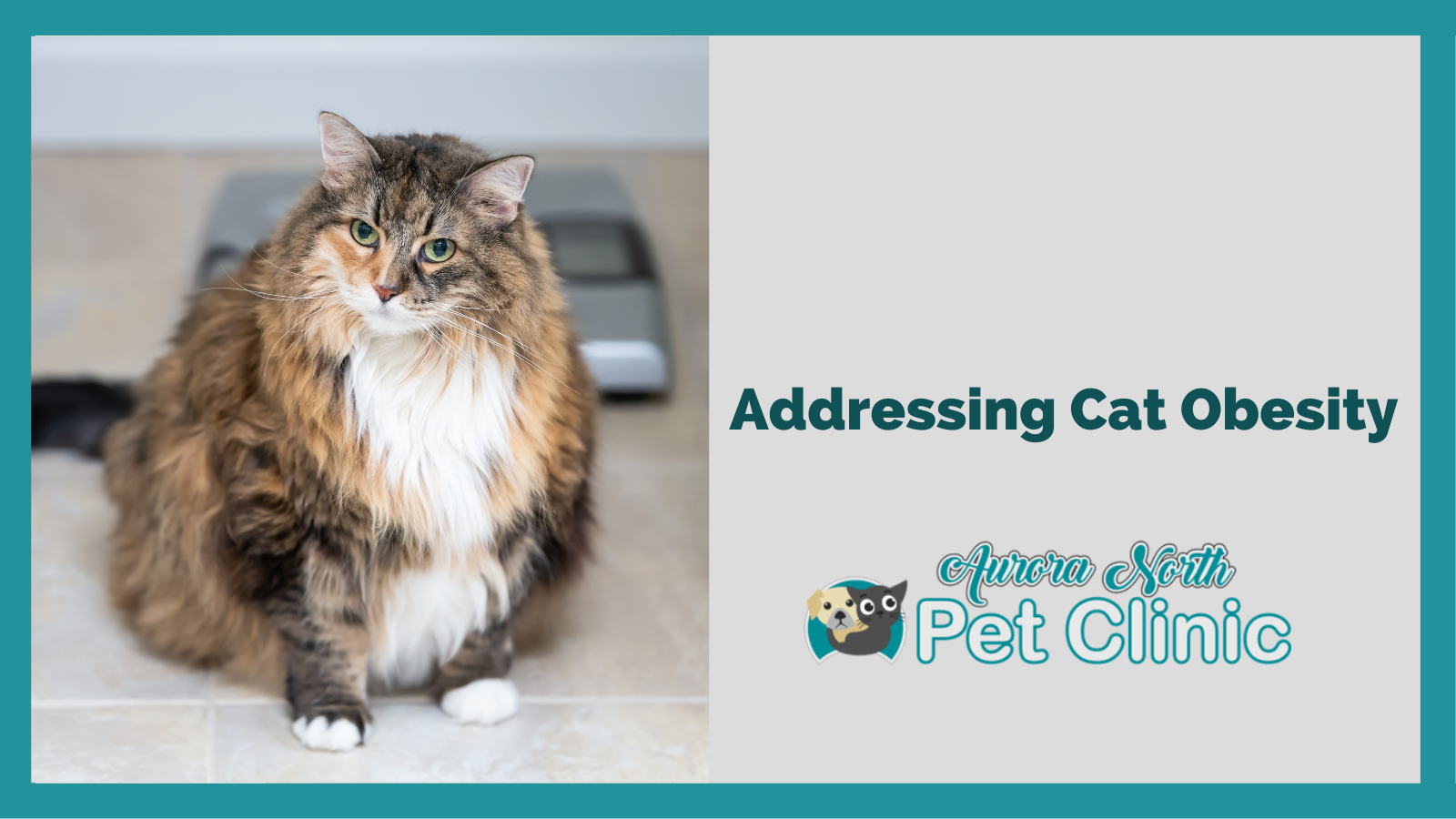
As pet owners, we want our feline companions to lead healthy and happy lives. However, one of the most prevalent health issues facing cats today is obesity. Cat obesity is a growing concern that affects cats of all ages and breeds, and it can lead to serious health complications if left unaddressed. At Aurora North Pet Clinic in Aurora, Canada, we prioritize feline fitness and want to raise awareness about this critical issue. This article will delve into the significance of understanding cat obesity and provide practical tips to help your feline friend maintain a healthy weight and well-being.
The Growing Concern of Cat Obesity
Cat obesity has become an alarming issue worldwide. According to the Association for Pet Obesity Prevention, an estimated 60% of cats in North America are overweight or obese. This trend is concerning as obesity in cats can lead to various health problems such as diabetes, arthritis, heart disease, and even a reduced lifespan. Understanding the causes of feline obesity is crucial in combating this problem.
Causes of Cat Obesity
Several factors contribute to cat obesity, the most common being overfeeding and lack of physical activity. Pet owners often shower their feline friends with love through excessive treats and large portions, inadvertently leading to weight gain. Cats that lead sedentary lifestyles, particularly indoor cats, are also at a higher risk of becoming overweight. Furthermore, medical conditions, such as thyroid issues, can play a role in feline obesity.
The Impact of Obesity on Cat Health
Obesity in cats can have severe consequences on their health and well-being. The additional weight stresses their joints and can lead to painful conditions like arthritis, affecting their mobility and quality of life. Overweight cats are also at a higher risk of developing diabetes, as obesity can negatively affect insulin sensitivity. Furthermore, carrying excess weight can lead to heart and respiratory problems, making it difficult for your feline friend to enjoy an active and fulfilling life.
Preventing and Managing Cat Obesity
Preventing and managing cat obesity requires dedication and collaboration between pet owners and veterinarians. First and foremost, work with your veterinarian to determine the appropriate portion sizes and select a high-quality, balanced diet suitable for your cat’s age, size, and health condition. Avoid free-feeding and stick to scheduled meal times to control your cat’s calorie intake better.
To encourage physical activity, engage your cat in regular interactive play sessions using toys that encourage movement and exercise. This keeps your cat mentally stimulated and helps them burn calories and maintain a healthy weight. Creating an enriching environment with climbing structures, scratching posts, and toys can keep your cat engaged and moving throughout the day, reducing their chances of becoming sedentary.
Regular veterinary check-ups are essential to monitor your cat’s weight and overall health. During these check-ups, your veterinarian can guide any necessary dietary adjustments or recommend specific exercise routines tailored to your cat’s needs.
Lastly, be mindful of portion sizes and avoid excessive treats. Instead, use healthy treats in moderation or try interactive treat-dispensing toys to make treat time more engaging for your cat.
Find a Veterinary Clinic in Aurora
As responsible pet owners, we must ensure the well-being of our feline companions. Understanding the importance of feline fitness and recognizing the signs of cat obesity can help us take proactive steps to prevent and manage this serious health concern. At Aurora North Pet Clinic, we are committed to supporting you in your journey to keeping your cat healthy and leading a long and happy life together. Contact our veterinary clinic in Aurora today, and we can work together to keep our feline friends fit and thriving!